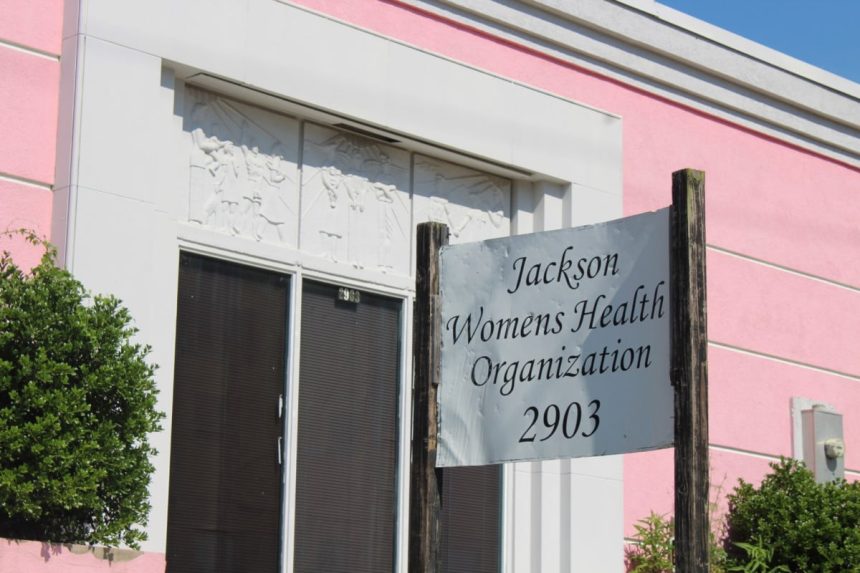The state’s lone abortion clinic has filed its brief with the U.S. Supreme Court ahead of the review of Mississippi’s 15-week abortion ban.
The legal team representing the Jackson Women’s Health Organization claims that if the court chooses to allow the ban to take effect, it would clear the way for states across the country to enact their own restrictive abortion policies.

“Every version of the State’s argument amounts to the same thing: a request that the Court scuttle a half-century of precedent and invite states to ban abortion entirely,” the brief reads.
Responding to Attorney General Lynn Fitch’s brief, which was filed last month, the JWHO argues that there is no justification for overturning Roe v. Wade or to go against the previous precedent set in Planned Parenthood of Se. Pa. v. Casey which sets viability between 22-24 weeks.
“Mississippi does not meaningfully engage with the personal autonomy and bodily integrity interests that underpin constitutional protection for the right to decide whether to continue a pregnancy.”
Fitch has previously stated that the basis of the review is not to overturn Roe v. Wade, but rather aims to allow individual states to set their own policies in regards to abortion.
“For fifty years, abortion policy has been plagued by flawed legal rules that even some of the most ardent abortion supporters have refused to defend. Nothing in constitutional text, structure, history, or tradition supports a constitutional right to abortion, nor is there a sound basis for the current viability guidepost that determines when states can enact limitations on abortion. Today’s brief offers no solid arguments in defense of Roe, and the Court should overturn this flawed and hopelessly unworkable precedent. It is time to return policymaking to the people where they can address abortion policy in a way that empowers women and promotes life,” Fitch said.
Fitch and other state leaders, including Governor Tate Reeves, have argued that the science behind viability has changed in the 50 years since the court granted the right to abortion.
Originally passed by the Mississippi Legislature in 2018 and signed into law by then-Governor Phil Bryant, the law was blocked by a federal judge and attempts to appeal were denied. With a conservative majority, the nation’s highest court agreed to review the case earlier this year. Rep. Becky Currie authored the bill.
“This was a no-nonsense bill. It gives you plenty of time to make that decision if you’re going to keep your child, but there has to be some limit,” she told SuperTalk Mississippi this morning.
Recently, the Supreme Court chose not the intervene as Texas implemented a 6-week abortion ban. Mississippi adopted a similar ‘heartbeat bill’ in 2019, which was also blocked before taking effect. Should the court rule in the state’s favor, it remains to be seen if the heartbeat bill would also be able to take effect.
Fitch has previously stated her expectation that the Supreme Court will hear arguments in November.







